The Design of Everyday Things: Revised and Expanded Edition
By Don Norman
Category
DesignRecommended by
"The Design of Everyday Things" by Don Norman is a thought-provoking exploration of the principles and psychology behind good design. In this impactful book, Norman challenges both designers and users to reevaluate the way they interact with objects and products in their daily lives.
By examining the common frustrations and failures that arise from poorly designed objects, Norman illustrates the importance of understanding user-centered design. He outlines practical strategies for creating intuitive and user-friendly designs, emphasizing the need to consider people's natural abilities, behaviors, and limitations.
Through engaging anecdotes and real-world examples, Norman demonstrates how thoughtful design can transform the user experience. He delves into various topics, including the concept of affordances, which refers to the perceived abilities and potential uses an object offers to its users.
Norman also delves into the psychology of user error and the critical role of feedback in design. He argues that errors are not solely the fault of the user but often a consequence of confusing or poorly designed interfaces. He pinpoints features that enhance discoverability and help users easily understand and navigate through complex systems.
As technology continues to shape our lives, Norman stresses the importance of designing with empathy and inclusivity. He explores the challenges posed by emerging technologies, such as automation and artificial intelligence, and emphasizes the need for ethical decision-making to ensure positive outcomes for users.
"The Design of Everyday Things" is a must-read for designers, engineers, and anyone who wants to understand how good design can enhance their daily interactions. With its clear-cut principles and actionable advice, this book is a valuable resource that will inspire the reader to think critically about the objects that surround them and drive meaningful change in the world of design.
By examining the common frustrations and failures that arise from poorly designed objects, Norman illustrates the importance of understanding user-centered design. He outlines practical strategies for creating intuitive and user-friendly designs, emphasizing the need to consider people's natural abilities, behaviors, and limitations.
Through engaging anecdotes and real-world examples, Norman demonstrates how thoughtful design can transform the user experience. He delves into various topics, including the concept of affordances, which refers to the perceived abilities and potential uses an object offers to its users.
Norman also delves into the psychology of user error and the critical role of feedback in design. He argues that errors are not solely the fault of the user but often a consequence of confusing or poorly designed interfaces. He pinpoints features that enhance discoverability and help users easily understand and navigate through complex systems.
As technology continues to shape our lives, Norman stresses the importance of designing with empathy and inclusivity. He explores the challenges posed by emerging technologies, such as automation and artificial intelligence, and emphasizes the need for ethical decision-making to ensure positive outcomes for users.
"The Design of Everyday Things" is a must-read for designers, engineers, and anyone who wants to understand how good design can enhance their daily interactions. With its clear-cut principles and actionable advice, this book is a valuable resource that will inspire the reader to think critically about the objects that surround them and drive meaningful change in the world of design.
Share This Book 📚
More Books in Design

A Pattern Language
Christopher Alexander
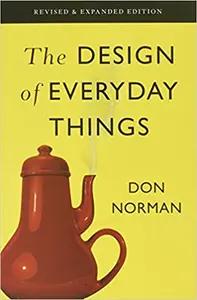
The Design of Everyday Things
Don Norman
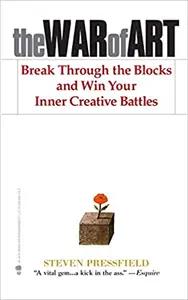
The War of Art
Steven Pressfield
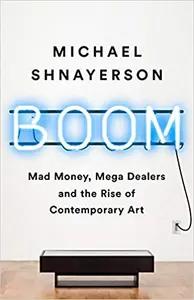
Boom
Michael Shnayerson
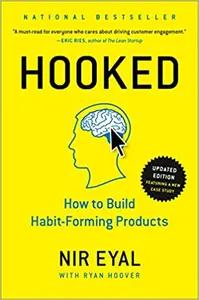
Hooked
Nir Eyal

In Praise of Shadows
Junichiro Tanizaki

Matthew Barney & Elizabeth Peyton
Angus Cook

Portraits of Interiors
Axel Vervoordt
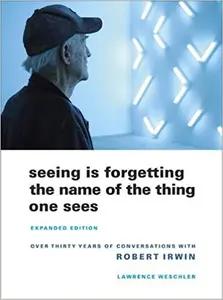
Seeing Is Forgetting the Name of the Thing One Sees
Lawrence Weschler

The Art of Spirited Away
Hayao Miyazaki

The Immateriality of the Material
Claudio Silvestrin
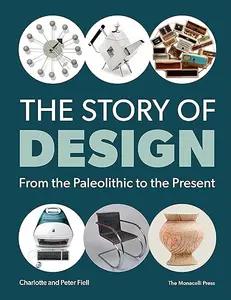
The Story of Design
Charlotte and Peter Fiell
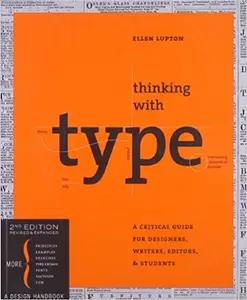
Thinking with Type
Ellen Lupton
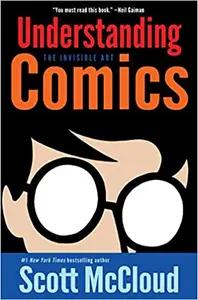
Understanding Comics
Scott McCloud
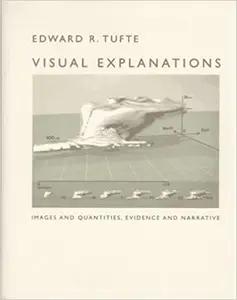
Visual Explanations
Edward Tufte
Popular Books Recommended by Great Minds 📚
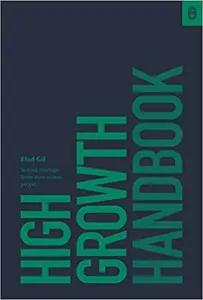
High Growth Handbook
Elad Gil
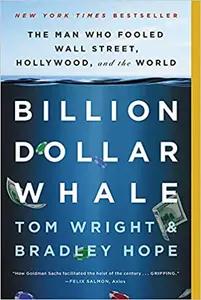
Billion Dollar Whale
Tom Wright
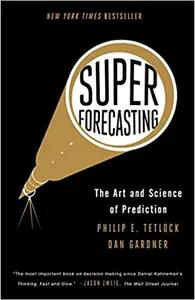
Superforecasting
Philip Tetlock

Siddhartha
Hermann Hesse

Destined For War
Graham Allison

The Intelligent Investor
Benjamin Graham
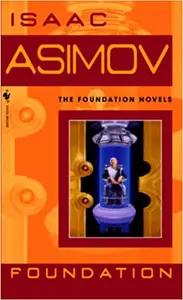
Foundation
Isaac Asimov

Security Analysis
Benjamin Graham
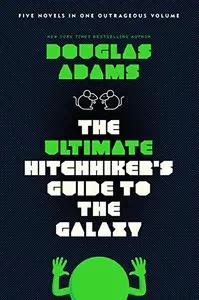
The Hitchhikers Guide to the Galaxy
Douglas Adams
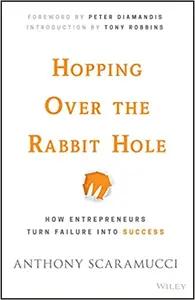
Hopping Over The Rabbit Hole
Anthony Scaramucci
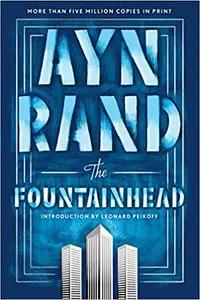
The Fountainhead
Ayn Rand
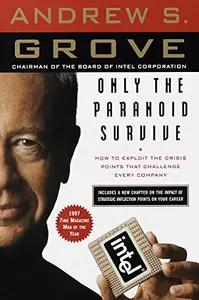
Only the Paranoid Survive
Andy Grove
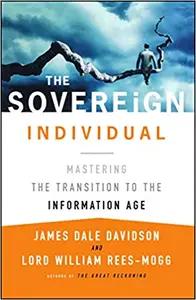
The Sovereign Individual
James Dale Davidson & William Rees-Mogg
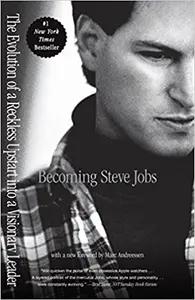
Becoming Steve Jobs
Brent Schlender

When Breath Becomes Air
Paul Kalanithi
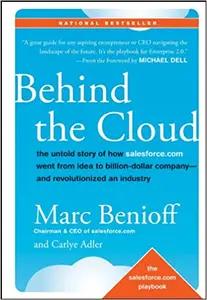
Behind the Cloud
Marc Benioff
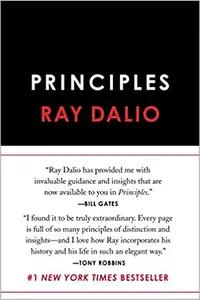
Principles
Ray Dalio
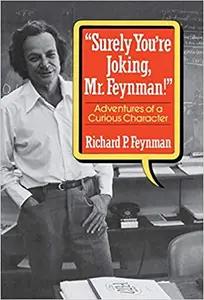
Surely You're Joking Mr. Feynman
Richard Feynman
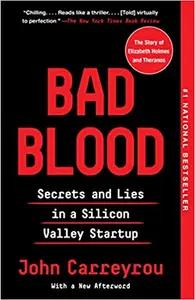
Bad Blood
John Carreyrou
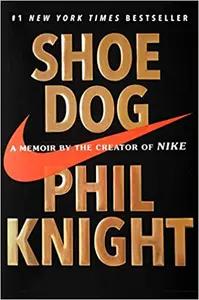
Shoe Dog
Phil Knight
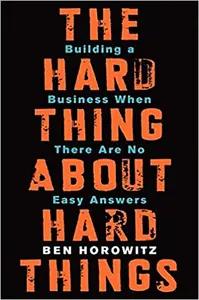
The Hard Thing About Hard Things
Ben Horowitz
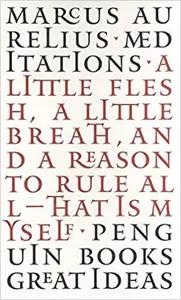
Meditations
Marcus Aurelius
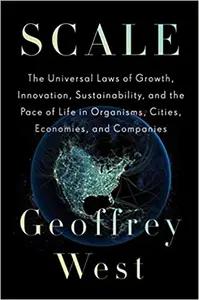
Scale
Geoffrey West

The Holy Bible
Various
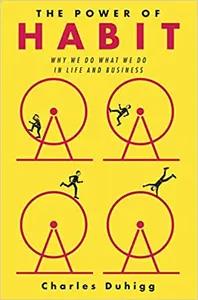
The Power of Habit
Charles Duhigg
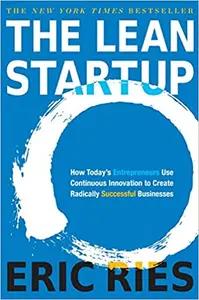
The Lean Startup
Eric Reis
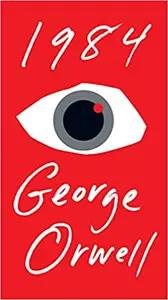
1984
George Orwell
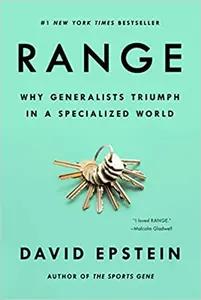
Range
David Epstein
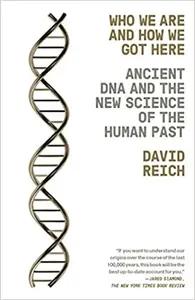
Who We Are and How We Got Here
David Reich
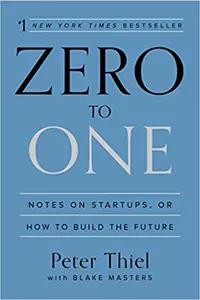
Zero to One
Peter Thiel